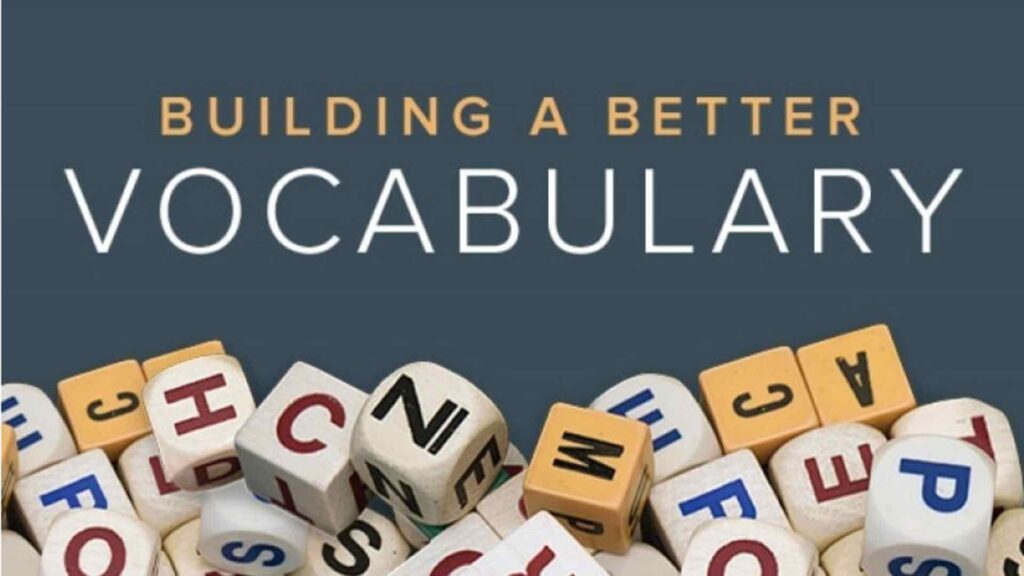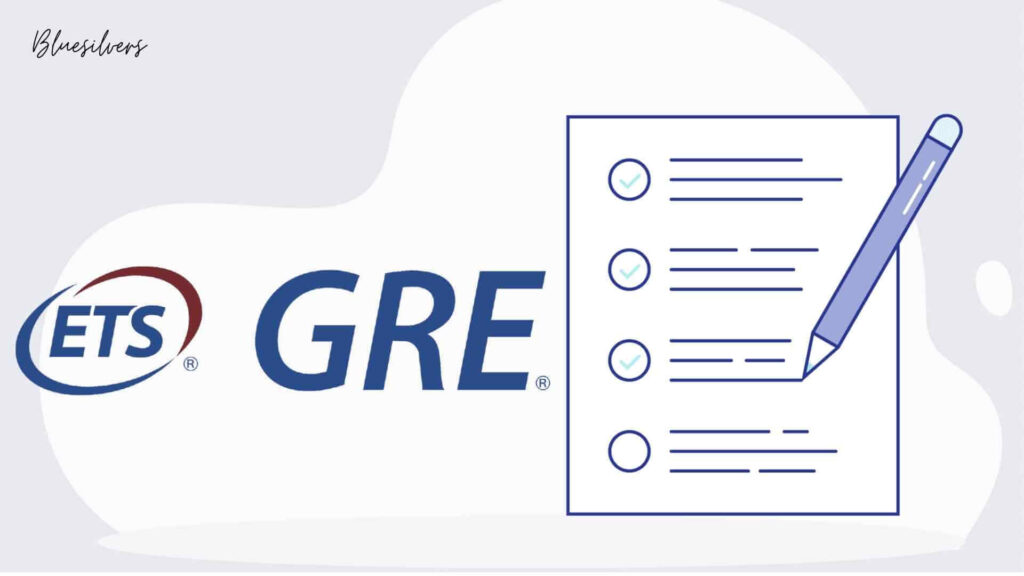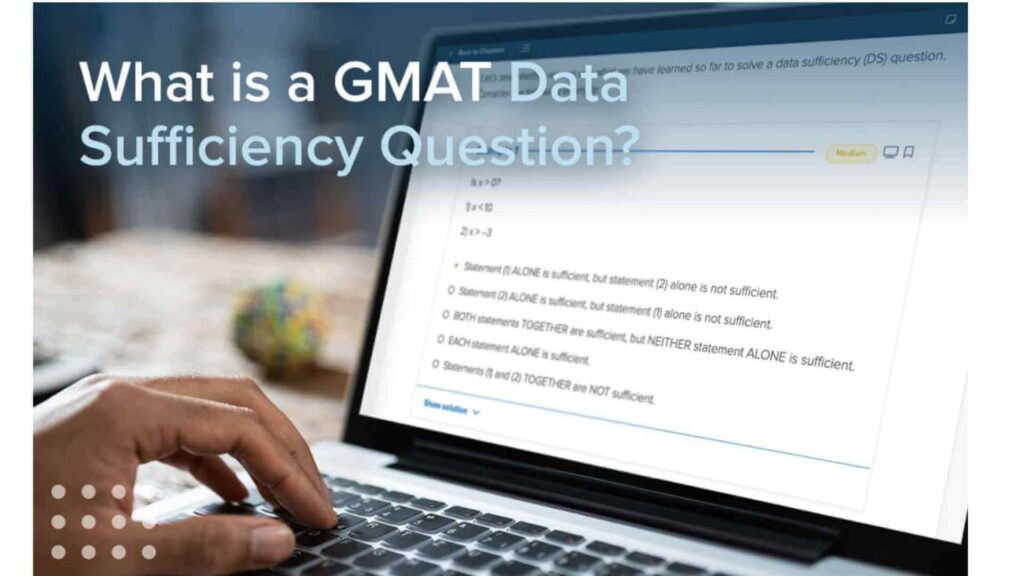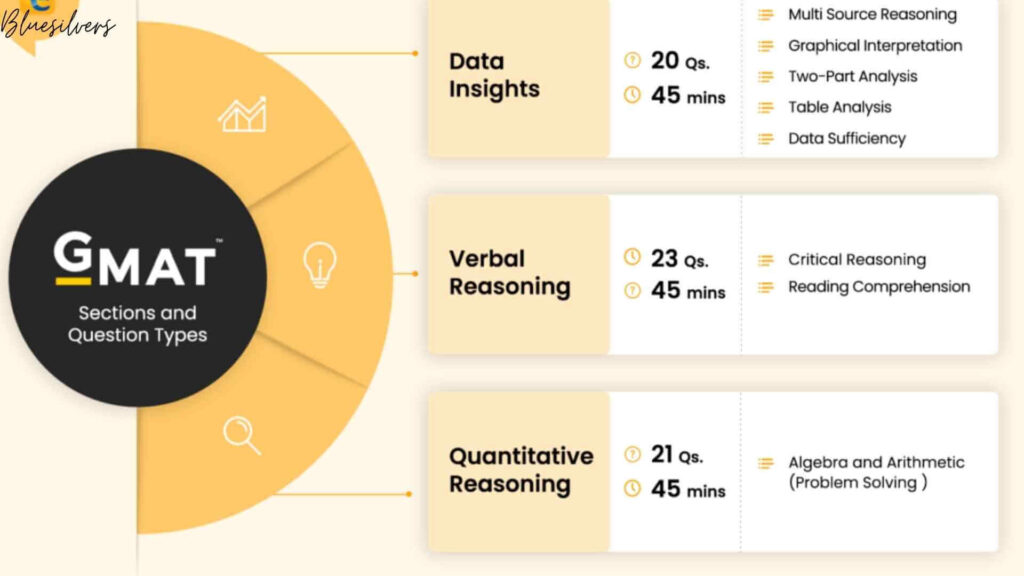GRE Vocabulary: A Comprehensive Guide
The Graduate Record Examination (GRE) is a standardized test that evaluates the verbal, quantitative, and analytical writing skills of prospective graduate students. A crucial component of the GRE, especially in the Verbal Reasoning section, is a robust vocabulary. Strong vocabulary skills are necessary for tasks such as text completion, sentence equivalence, and reading comprehension. This guide provides an overview of GRE vocabulary, strategies for learning new words, and tips to retain and effectively use them.
Importance of Vocabulary in GRE
Vocabulary plays a central role in the GRE because it tests a candidate’s ability to comprehend complex texts and draw logical conclusions. Words are often used in abstract and nuanced contexts, requiring test-takers to not only understand definitions but also grasp subtle meanings and connotations. Success in the verbal section hinges on the ability to decipher unfamiliar terms and infer meaning based on context clues.
Key Types of Vocabulary Questions
- Text Completion: These questions present sentences with blanks, and the test-taker must select the correct word(s) to complete the sentence coherently.
- Sentence Equivalence: This type requires selecting two words that fit a sentence similarly, demonstrating an understanding of synonyms and subtle differences in meaning.
- Reading Comprehension: While not directly testing vocabulary, these passages often include sophisticated terms that impact the overall understanding of the text.
Common GRE Vocabulary Words
Here are some commonly tested GRE vocabulary words:
- Abate (to reduce in intensity)
- Capricious (unpredictable, whimsical)
- Ephemeral (short-lived, temporary)
- Loquacious (talkative)
- Pragmatic (practical)
- Prosaic (dull, lacking imagination)
- Voracious (having a strong appetite, either for food or knowledge)
- Enervate (to weaken)
- Equivocate (to speak ambiguously or avoid giving a direct answer)
- Obfuscate (to confuse or make unclear)
Strategies to Learn GRE Vocabulary
- Flashcards: Tools like Quizlet and Anki are effective for memorizing definitions and testing recall. Many pre-made GRE decks are available online.
- Reading Widely: Engage with articles, journals, and literature that incorporate advanced vocabulary. Contextual learning reinforces word meanings.
- Root Analysis: Breaking down words into prefixes, suffixes, and roots can help decipher unfamiliar terms. For instance, the prefix ‘bene-‘ means ‘good’ (e.g., benevolent means kind and generous).
- Word Lists: Use curated GRE word lists like Barron’s 800 or Manhattan Prep’s Essential Words. Focus on high-frequency words.
- Mnemonics: Create memorable associations to retain difficult words. For example, link ‘ephemeral’ with ‘mayfly,’ which has a very short lifespan.
- Practice Tests: Taking timed GRE practice tests under exam conditions helps reinforce vocabulary learning and identifies weaknesses.
Retention Techniques for Vocabulary
- Spaced Repetition: Review words at increasing intervals to strengthen memory.
- Usage in Sentences: Incorporate new words into daily conversations or writing to reinforce their usage.
- Visual Aids: Pair words with images or scenarios to create mental associations.
- Grouping Words: Cluster synonyms or related terms together to learn them more effectively.
Common Pitfalls to Avoid
- Memorization Without Context: Simply memorizing definitions without understanding usage can lead to confusion during the test.
- Neglecting Word Nuances: Words often have multiple meanings; failing to learn these nuances may result in errors.
- Overloading Vocabulary: Learning too many words at once can overwhelm memory retention. Focus on gradual and consistent learning.
Final Tips for GRE Vocabulary Success
- Dedicate at least 15–20 minutes daily to vocabulary building.
- Create a personal word journal to track new terms and their usage.
- Use GRE apps and online tools for quick practice during spare moments.
- Engage in discussions or write essays using newly learned words.
- Stay consistent and review previously learned words regularly.
Conclusion
Mastering GRE vocabulary requires strategic preparation, consistent practice, and effective retention methods. While the process may seem daunting, breaking it into manageable steps and focusing on contextual learning can significantly enhance performance. With diligent preparation and the right resources, test-takers can build the vocabulary needed to excel in the GRE verbal section, setting the foundation for graduate school success.




